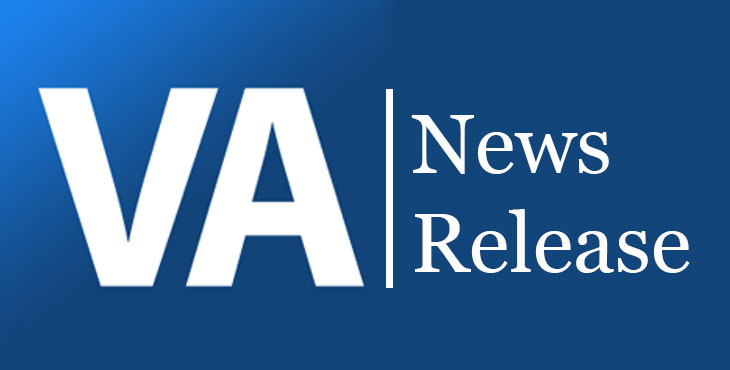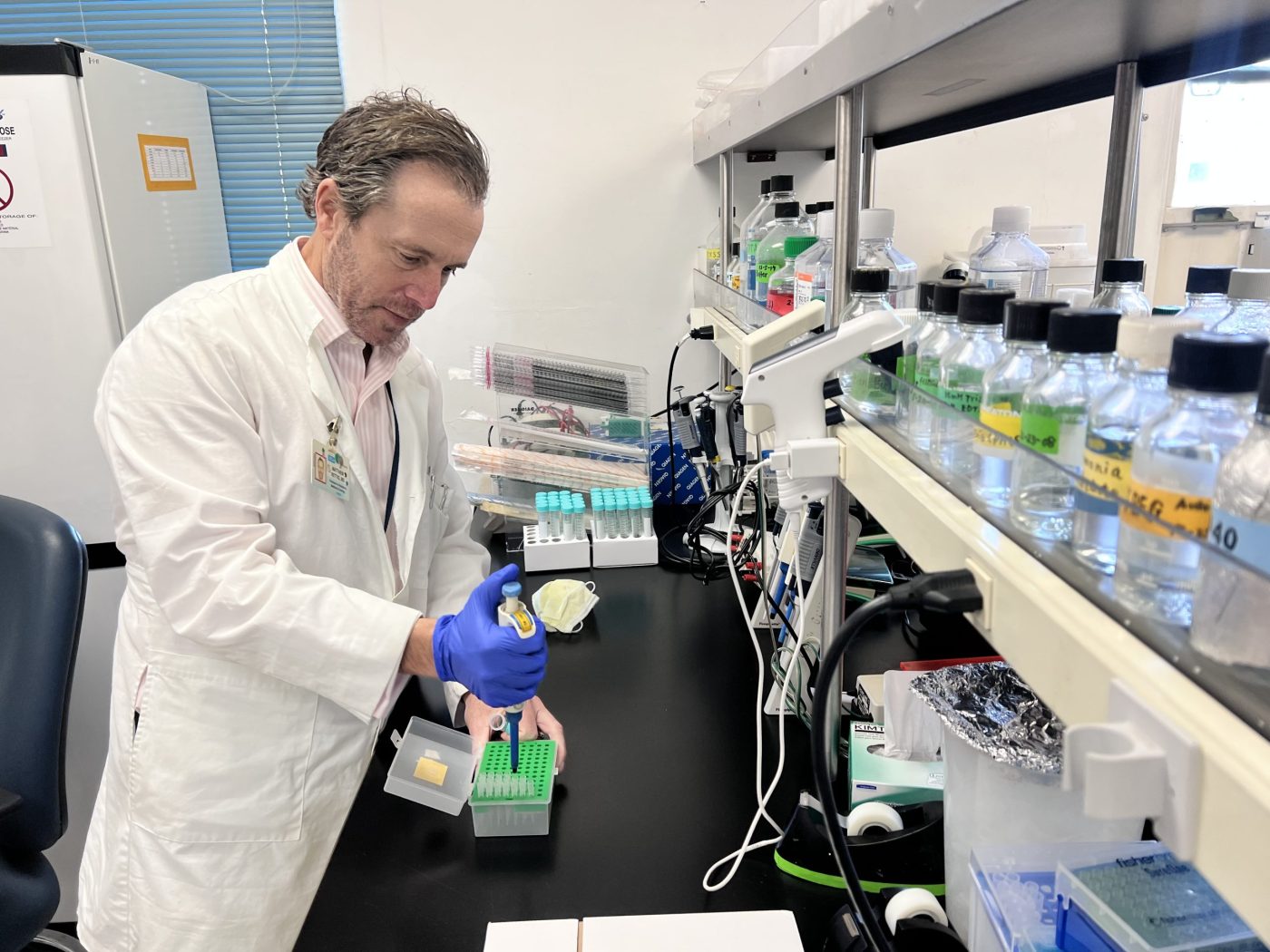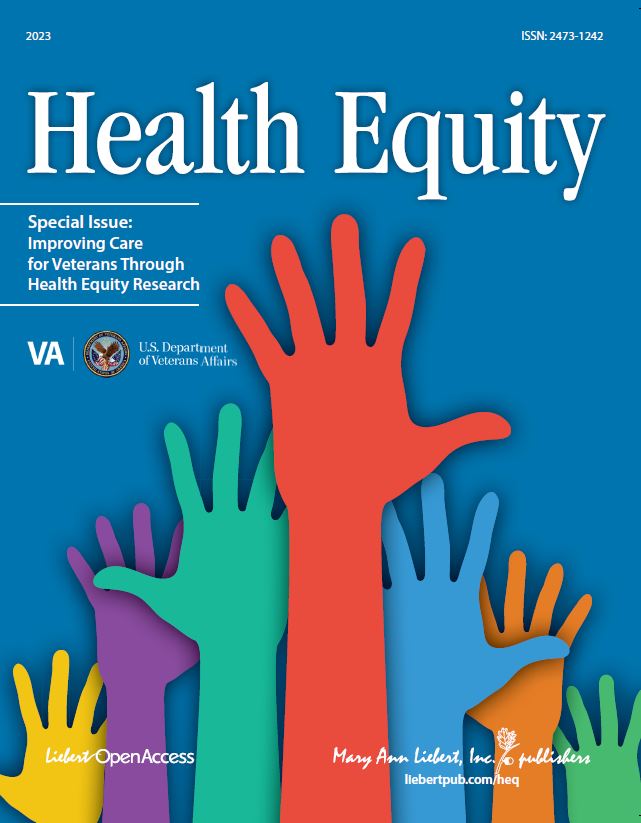VA announced today that it is making changes to its inbox notifications system, a messaging system intended to communicate important clinical information, such as test results, referrals, medication refills or high-priority messages, but has become bogged down with non-urgent, unimportant information.
The change will give VA’s primary care physicians, in particular, more time to devote to patient care.
“The public never sees the excessive amount of e-mails and alerts that take up a doctor’s time,” said VA secretary Dr. David J. Shulkin. “Some of it is necessary, but other emails do nothing to advance patient care and can, in fact, pose a major safety hazard because of lesser important emails. We want our doctors to have the right information they need to provide quality health care to Veterans, and this is a step in the right direction.”
Seeing patients is the most fulfilling part of the job of a physician, doctors said, but far too much of their time is spent doing paperwork. It is estimated that doctors spend two hours on administrative work for every hour they spend with patients. That time-consuming activity leads to fatigue and burnout, and is a top frustration for all doctors, including VA’s.
A team, led by White House Fellow Dr. Tina Shah, revamped the message system to decrease the volume of low-value emails and trained clinicians to optimally process their inbox.
Early results show the system is working: Clinicians now spend an hour and a half less on emails per week, opening up more time for more meaningful work and more time with Veterans.
“When we let doctors do what they do best — giving care to Veterans — we know it improves the care they receive,” Secretary Shulkin added. “It’s why VA is one of the best places to work and why our doctors have lower burnout rates than the private sector. This initiative is just one of many underway for VA to address clinician burnout and improve the quality of our care.”
Topics in this story
More Stories
On Thursday, June 20, 2024, VA joined more than 20 federal agencies to release its updated 2024-2027 Climate Adaptation Plan.
As part of a new research study that began July [...]
WASHINGTON ― The Department of Veterans Affairs Office of Research [...]







Thank you for putting the Veteran first .